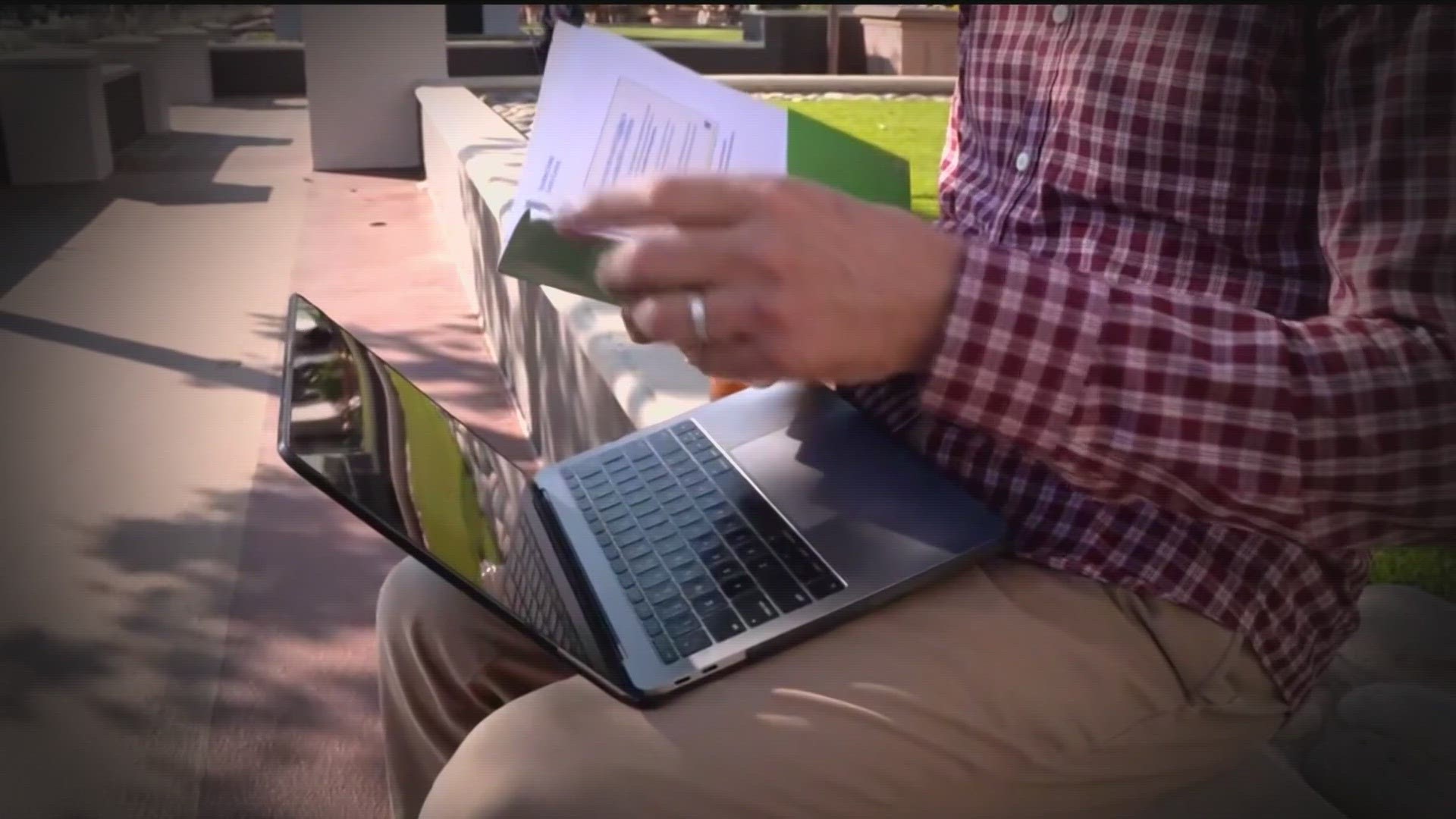ATLANTA — In a developing financial crisis, the U.S. Department of Education reveals that 40% of federal student loan borrowers have failed to make payments since the resumption of payments in October. Shockingly, Georgia finds itself at the epicenter of this issue, with borrowers collectively owing over $68 billion in student loans, according to a report from an education non-profit.
Like millions of borrowers, Dr. Tawanna Gilliard understands the weight of overwhelming student loan debt. As a former resident facing $400,000 in federal and private loans, she initially delayed payments, assuming her financial situation would improve with time.
"I was a resident not making that much. I did this thing of avoiding it, thinking they'll wait until I become a real doctor making real money, and I'll start paying it back."
Years later, having tackled her substantial debt, Dr. Gilliard empathizes with today's borrowers facing changes in payment plans.
"You go off to school, thinking you'll get this great job and be able to afford to pay this debt off."
The U.S. Department of Education recently reported that 40% of federal student loan borrowers have not made payments since payments resumed in October. This crisis is affecting millions of Americans across the nation.
Financial expert Bradley Rosen offers a glimmer of hope, providing easy steps for borrowers to get back on track. The first, he says, is to visit studentaid.gov, a federal resource that answers critical questions about loan providers and the best loan options. He emphasizes that there is still time to take action.
"The first thing we need to do is go to studentaid.gov. This is the resource the federal government is supplying us with, where you can get all these unanswered questions figured out. Who is my provider? What is the best loan option? There's still time."
Rosen highlights the latest relief from the Biden administration, offering a grace period until September 2024. During this time, missing payments will accrue more interest, but borrowers won't face credit consequences.
"From now until September 2024, if you miss payments, you'll accrue more interest, but you won't be headed towards any of the credit bureaus and getting dinged for your credit."
As the crisis deepens, Bradley Rosen advises borrowers to ask questions and explore options before their balances become an insurmountable burden. With over $68 billion in student loan debt weighing on Georgia, taking proactive steps to financial stability is more crucial than ever.

